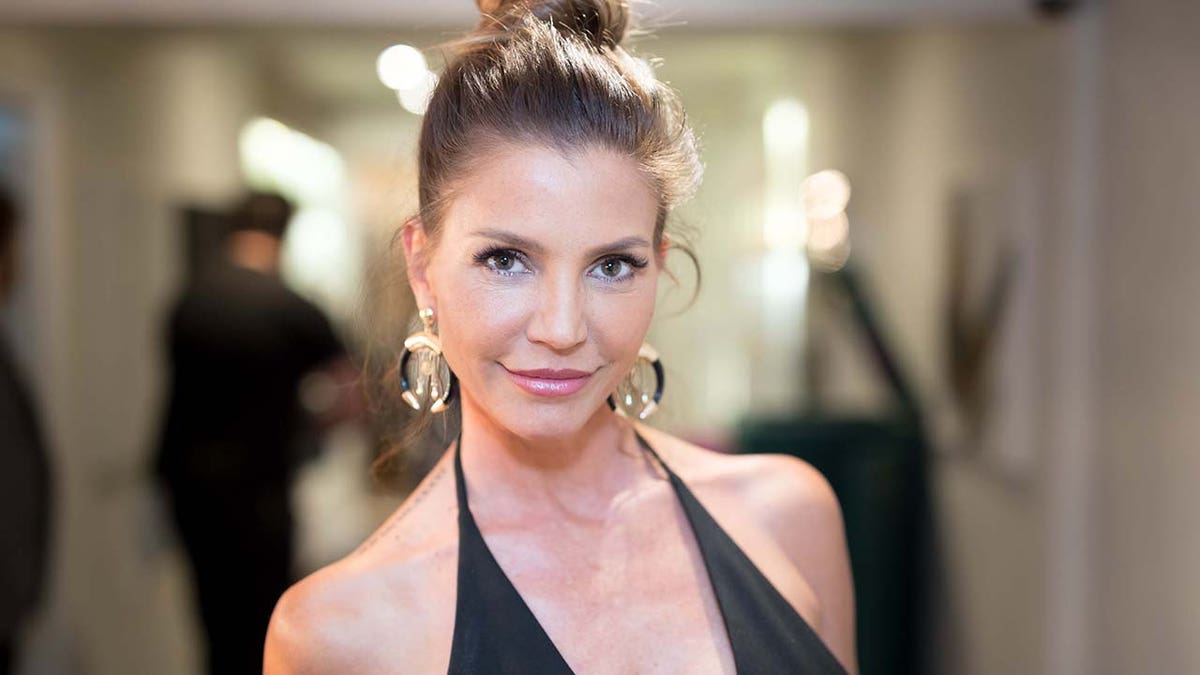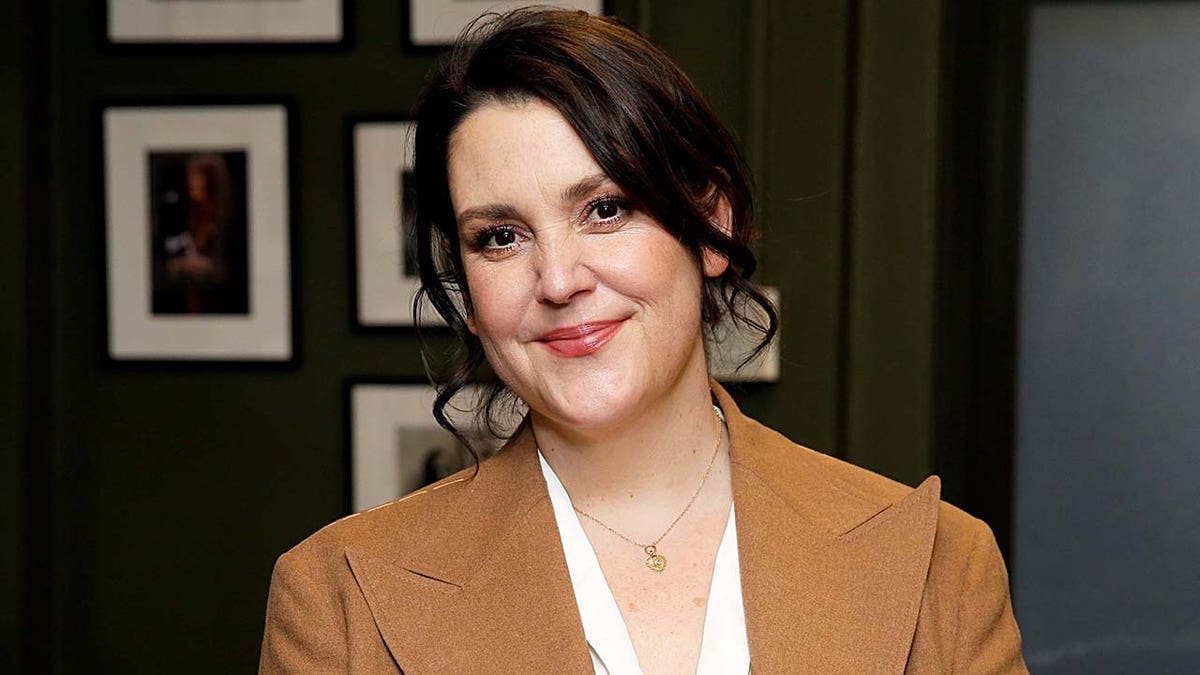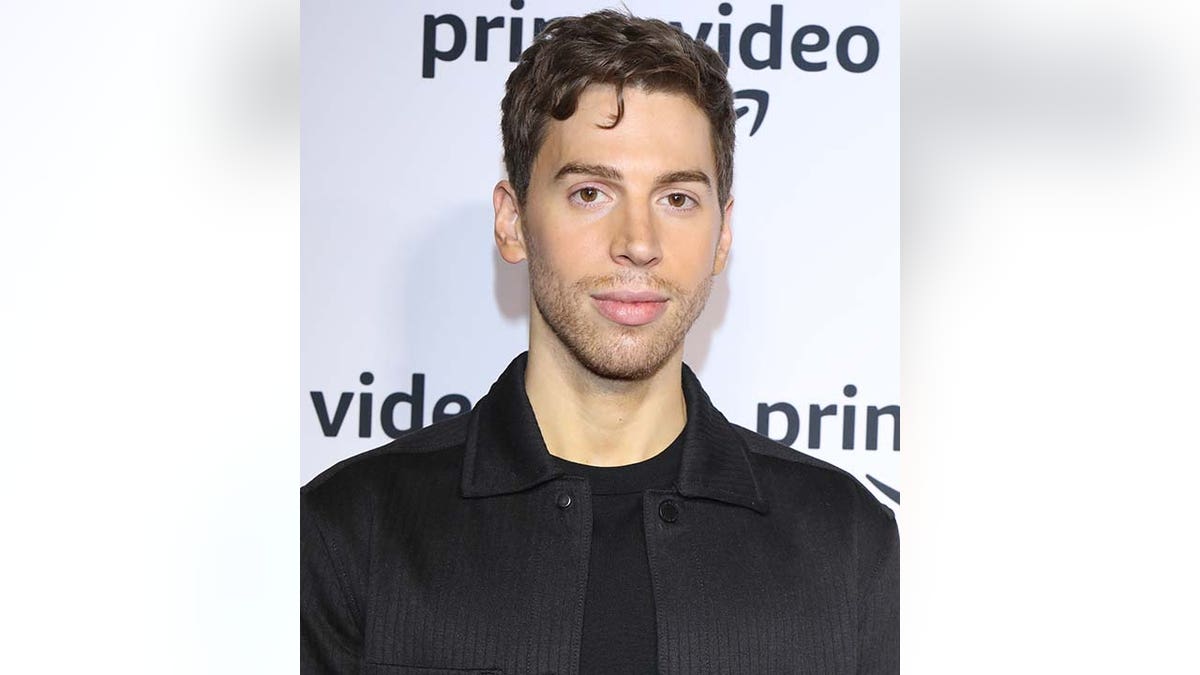Thousands of actors strike; Hollywood bracing
Screen Actors Guild votes to launch strike for the first time in 40 years over ‘greed’ and AI concerns, and Fox News’ Griff Jenkins says consumers will ‘suffer’ as a result.
Many members of the workforce are dependent upon human interaction to further their careers, including actors in a casting office. However, some stars are voicing their concerns over fears their performance will be determined by artificial intelligence.
"Veronica Mars" actress Charisma Carpenter is sounding the alarm on AI infiltrating the entertainment industry as SAG-AFTRA members have joined the Writers Guild of America (WGA) in striking against Hollywood. AI is one of the disputed issues that led to the strike.
After receiving an email inviting her to join the 100 Actors Program, an opportunity organized by Swiss company Largo.ai, Charisma took to Instagram to share her concern.
In response to her post, other actors expressed worries about a potential disruption to the traditional casting process.

"Veronica Mars" actress Charisma Carpenter shared a screenshot of an email she received about AI casting to Instagram, emphasizing a need for "AI protections across the board" after SAG-AFTRA joined the writers strike. (Greg Doherty/Getty Images)
"Welp, AI is coming for Casting Directors, Agents and Managers too. Seen as "intermediaries". AI protections across the board," Carpenter wrote on Instagram.
On its website, Largo.ai says it is "designed to empower traditional content creation workflows and help producers, distributors, and studios make smarter, more informed decisions."
"Charisma Carpenter has never seen our platform, and we didn't have any discussion with her," CEO Sami Arpa told Fox News Digital. "She has criticized one of the promotional emails that she got from one of our team members. I'm sure if she sees our platform and understands what we do, she would think differently. We asked her to have a chat, but we didn't get any response so far.
"This is perceived by casting directors as if we want to take them out of the game. We designed the platform for the usage of both actors, casting directors and talent agencies. It is the actor's decision to work directly on the platform or through agencies."
Fox News Digital has reached out to a rep for Carpenter for comment.
Arpa also noted in a separate statement that the company "is in full support of the SAG-AFTRA and WGA strike" and its AI tool was "developed to empower and support creators through the power of technology and not utilize AI to replace anyone." He explained that the actors' program, which is still in the "beta process," has elicited a "certain misinterpretation within the acting community."
"We will use this as a learning tool for growth. Our mission is to provide more access and creation of job opportunities for both actors and are not involved in Deepfake creation or any unauthorized use of actors’ performances or voices. Our AI tools are totally different here," he noted. "Our platform is dedicated to empowering actors, providing enhanced visibility and making AI as a part of the preliminary casting process."
Stars including "Yellowjackets" actress Melanie Lynskey voiced mutual disdain for the new technology, writing in the comments of Carpenter's post, "Having ‘intermediaries’ who believe in you and think of you for those roles that might not seem 100% right for you but they know you can do it, is how an actor builds a career. This is nuts."

Melanie Lynskey chimed in with her concerns about AI casting. (Dominik Bindl/Getty Images)
"The Lake" actor Jordan Gavaris shared his outrage, writing, "This is absolute lunacy. The only reason I’ve ever had a job is because casting championed me for amorphous reasons. AI will never be a fan."
In his statement, Arpa encouraged "actors and industry members to contact us, share their perspectives and engage in an open dialogue."
"There are assertions suggesting that our aim is to replace all industry professionals with automation," Arpa added. "However, one must consider who would then be our clients then? In reality, we actively collaborate with industry professionals such as producers, distributors, studios and actors.
"Furthermore, we are keen on establishing partnerships with casting directors and talent agencies. Our objective is to integrate the tools into their work, enhancing their capabilities with innovative technology. (Used) correctly, AI tools can collectively help us to make the industry better altogether and create much more job opportunities. Our system diversifies opportunities beyond industry averages, often uncovers lesser-known talents, thus creating opportunities for those who might otherwise be overlooked."

Jordan Gavaris said his success was largely due to the casting process. (Jeremy Chan/Getty Images)
Abe Lichy, partner and chair of the intellectual property practice at McLaughlin & Stern, expounded on the overall concerns of this new type of tool.
"There could be legal implications that arise involving claims over errors and omissions in the AI’s recommendations of certain actors. Whereas a human takes into account an actor’s full background and story and conducts a subjective analysis, AI only processes previously existing content. What happens if an actor is recommended by an AI that recommends an actor who is flakey and has a tendency to be unprofessional," Lichy wondered.
CLICK HERE TO SIGN UP FOR THE ENTERTAINMENT NEWSLETTER
"This is something a human casting director would be way better suited to uncover before making a recommendation. Now, the studio is stuck with someone who isn’t doing their job properly because of an AI’s failure to flag this type of human element. The bigger question is – if a ‘corporation’ can be defined as a ‘person,’ at what point does an artificial intelligence share in that definition."
In separate comments to Deadline, Carpenter echoed those sentiments, stating "AI is not a belief system."
"They may take data and statistics and spit out a formula that says this person is right for this part, but there’s no foresight. … AI doesn’t know me, they don’t know the richness of my soul. They don’t know my life experiences. They don’t know the books I’ve read. They’ve never had those conversations with me to glean how right I am for a part that maybe data would not foresee."

Charisma Carpenter (Mat Hayward/Getty Images)
"I have had wonderful casting directors that have brought me back time and time again to get me employed," Carpenter said. "I really am hard pressed to see what the advantage is to actors going this route."
Lichy says there are steps those in Hollywood can take to protect themselves from this kind of AI.
CLICK HERE TO GET THE FOX NEWS APP
"There’s no realistic way to outright ban its use," Lichy said. "However, there are ways actors and industry stakeholders can protect themselves and mitigate the risk. SAG-AFTRA, for example, could protect Hollywood projects, casting directors, actors, etc. … by instituting requirements that films with an estimated budget above a certain amount use human casting directors.
"At the end of the day, I don’t think AI could replace the human qualities required for effective casting. Films are an art form, and the actors that bring scripts to life are best cast when the totality of the actor is taken into account for various roles."
WATCH: JUSTINE BATEMAN EXPLAINS ARTIFICIAL INTELLIGENCE MAKES HER ‘SAD’
Prior to SAG-AFTRA joining the strike, former actress turned producer Justine Bateman similarly highlighted to Fox News Digital why she believed AI was detrimental to the entertainment industry.
"The use of AI makes me sad because I feel like it's … getting away from being human," she explained. "But we've been doing a lot of that, right? Plastic surgery. Filters. Doing things over Zoom instead of in person. But the idea that somebody would use AI to replace human expression, I think, is the saddest thing to me."























